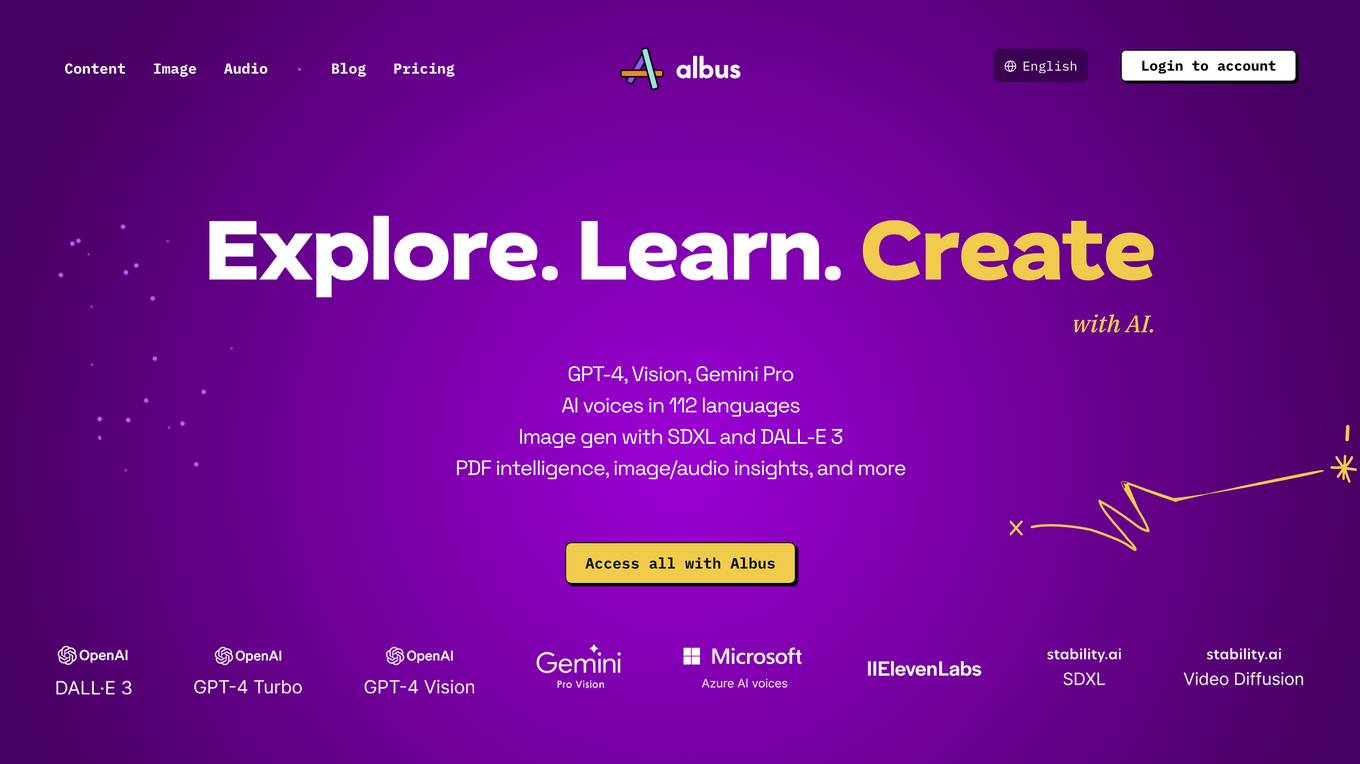Best AI tools for< Wire A Light Switch >
4 - AI tool Sites

GlobeNewswire
GlobeNewswire is a press release distribution service that offers a variety of features to help businesses get their news in front of the right audience. These features include targeted distribution options, media monitoring, a media contacts database, and PR measurement. GlobeNewswire also offers an AI press release generator that can help businesses create press releases quickly and easily.

DataVisor
DataVisor is a modern, end-to-end fraud and risk SaaS platform powered by AI and advanced machine learning for financial institutions and large organizations. It helps businesses combat various fraud and financial crimes in real time. DataVisor's platform provides comprehensive fraud detection and prevention capabilities, including account onboarding, application fraud, ATO prevention, card fraud, check fraud, FinCrime and AML, and ACH and wire fraud detection. The platform is designed to adapt to new fraud incidents immediately with real-time data signal orchestration and end-to-end workflow automation, minimizing fraud losses and maximizing fraud detection coverage.

Albus
Albus is an AI-powered platform designed to assist professionals such as creatives, journalists, researchers, consultants, tutors, writers, and freelancers in their daily tasks by providing a real-time voice assistant and a multi-modal canvas. The platform leverages large language models and machine learning services to help users wire ideas, surface relations and connections within a context, and spark new ideas, ultimately saving time and attention.

The Legal Wire
The Legal Wire is an AI-powered platform that provides the latest news, resources, and insights on legal technology, compliance, regulations, and artificial intelligence. It offers newsletters, AI hubs, and in-depth articles on various legal topics. The platform aims to keep legal professionals informed about the intersection of law and technology, including the impact of AI on the legal industry.
0 - Open Source AI Tools
4 - OpenAI Gpts

The Immersive Wire Chat Companion
Receive trusted and up-to-date information on the metaverse and spatial computing, sourced from a curated database by Tom Ffiske. Updated weekly with the latest data, and current in Beta.

Fantasy Football Guru
Fantasy football expert offering strategic advice with data-backed insights.

